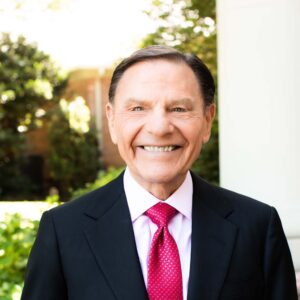On September 21, 1979, Kurt Waldheim, Secretary-General of the United Nations, made an unusual yet hopeful appealto the world-famous rock band, The Beatles. His request was for a reunion concert aimed at raising funds and awareness for the Vietnamese boat people, refugees who were fleeing the aftermath of the Vietnam War. Thousands of refugees were risking their lives in overcrowded boats, facing perilous conditions, and the international community was grappling with how to provide them with sufficient aid.
Waldheim saw a potential Beatles reunion as a way to rally global attention and generate significant financial support for the humanitarian crisis. The hope was that the event would be both a symbol of unity and a powerful platform for bringing the world’s eyes to the plight of the refugees.
Optimism grew when an article in *The Washington Post* revealed that The Beatles were closer to reuniting than ever before. According to the report, three of the four members—Paul McCartney, George Harrison, and Ringo Starr—had already agreed to participate in a benefit concert in New York under the auspices of the United Nations. This would be the band’s first public performance together in nearly a decade, since their 1970 split.
The report added that John Lennon, the band’s most elusive member at the time, was considering the idea. Lennon had distanced himself from public life in the late 1970s, focusing on his family and personal projects in New York. However, the thought of coming together for such a significant humanitarian cause was reportedly making him reconsider. The world waited with bated breath for Lennon’s final decision, as his participation would confirm what many thought impossible: a Beatles reunion.
Despite the apparent momentum behind the reunion, it was not to be. John Lennon ultimately declined, and the concert never materialized. The Beatles had consistently turned down offers to reunite following their breakup, maintaining that their legacy was best left in the past.
Though the concert never happened, the UN’s efforts to involve The Beatles highlighted the power of music and celebrity in addressing global crises. It also offered a brief glimpse of hope to fans worldwide, eager for any chance to see the legendary band perform together again.







